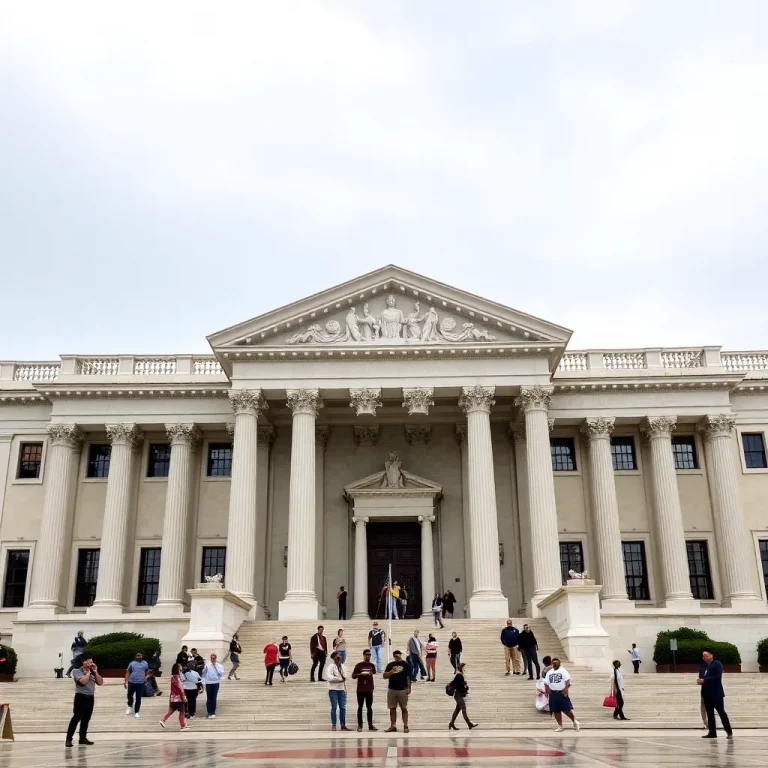In California, the clock is ticking on a landmark settlement that could reshape the future of collegiate athletics. The deadline for formal objections to the settlement of antitrust cases against the NCAA passed last week, and court records show more than 35 filings were made. Critics are specifically raising concerns about the allocation of $2.8 billion in damages, as well as proposed roster restrictions that they believe could unfairly limit opportunities for college athletes. Some are also questioning whether the agreement upholds Title IX regulations.
A court hearing is set for April 7, the same day as the NCAA men’s basketball championship. Federal Judge Claudia Wilken is expected to make a ruling this spring. The settlement plan includes a revenue-sharing initiative that will let schools start paying players directly from next school year, with each institution potentially distributing up to $20.5 million among student-athletes.
Officials from the NCAA and affected college conferences are optimistic about the settlement’s approval, believing most concerns have already been addressed. Rakesh Kilaru, the NCAA’s lead counsel, expressed confidence that there was nothing in the objections that should sway the judge’s decision. He stated, “We don’t think there’s anything in the objections that hasn’t been known about the settlement.”
However, as plans roll out, some schools, like Indiana University, are preparing significant budget cuts in their athletic programs to accommodate these changes. Meanwhile, recent guidance from the Department of Education raises alarms regarding compliance with Title IX, particularly if most of the NIL payments go to male athletes.
Opposition also includes a group of more than 70 athletes who have opted out of the settlement, alongside additional lawsuits that may follow. Legal experts agree that while the settlement could bring stability to college sports, it is not a complete fix. According to Steve Berman, a lead attorney for the plaintiffs, there is considerable support for the deal despite the dissenters.
The consensus among various stakeholders is clear: Congress must step in to create a federal law and antitrust exemption to offer lasting solutions. The upcoming hearing and Wilken’s decision will not mark the end, but rather the next phase of a long-term legal evolution within collegiate athletics.



